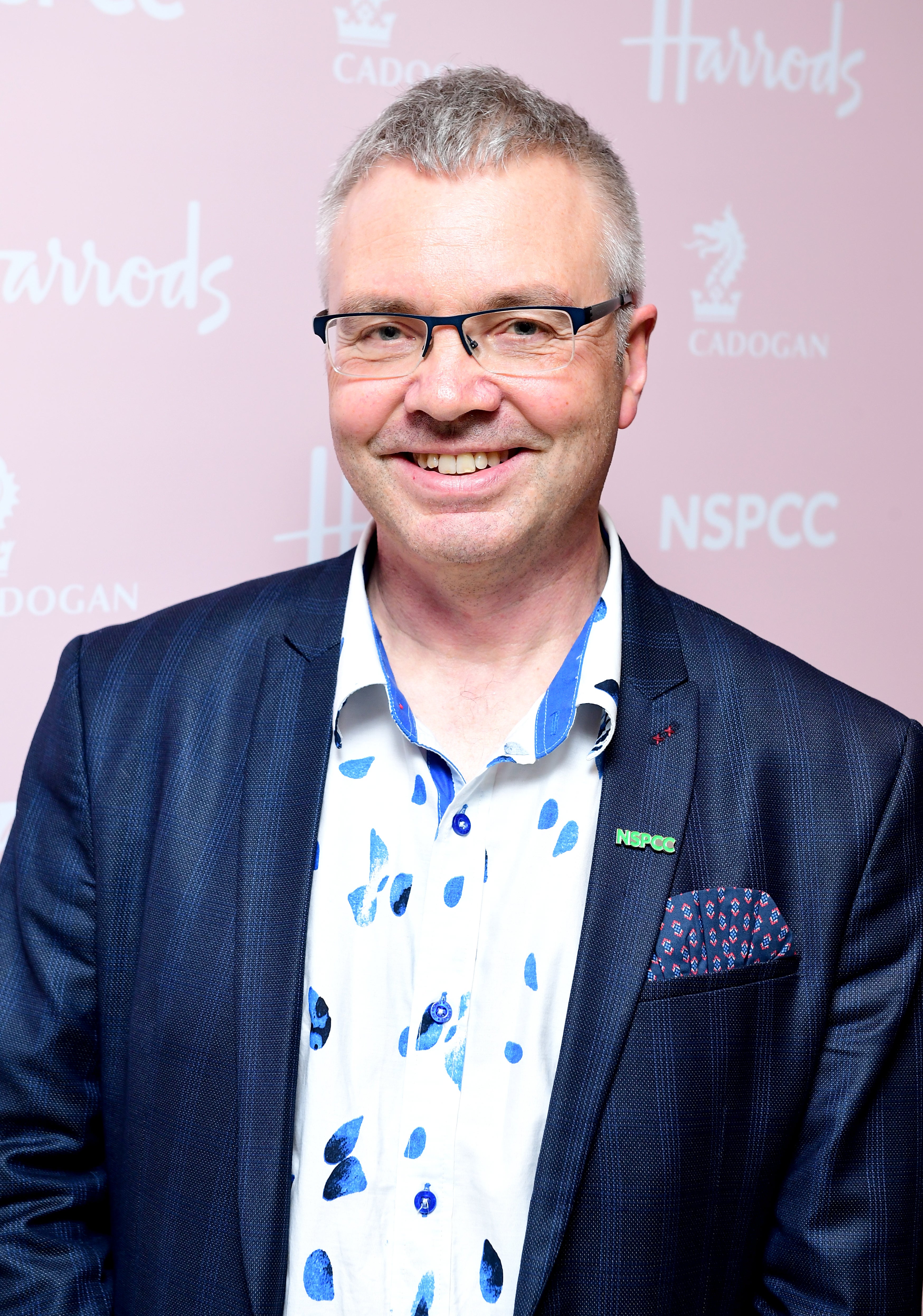Children ‘do not want to be defined by the pandemic’ – NSPCC
Sir Peter Wanless said a second story is emerging where children are being put at risk by “economic turbulence” caused by the cost-of-living crisis.

Your support helps us to tell the story
From reproductive rights to climate change to Big Tech, The Independent is on the ground when the story is developing. Whether it's investigating the financials of Elon Musk's pro-Trump PAC or producing our latest documentary, 'The A Word', which shines a light on the American women fighting for reproductive rights, we know how important it is to parse out the facts from the messaging.
At such a critical moment in US history, we need reporters on the ground. Your donation allows us to keep sending journalists to speak to both sides of the story.
The Independent is trusted by Americans across the entire political spectrum. And unlike many other quality news outlets, we choose not to lock Americans out of our reporting and analysis with paywalls. We believe quality journalism should be available to everyone, paid for by those who can afford it.
Your support makes all the difference.Britain’s children “do not want to be defined by the pandemic” and are “determined to make this a better world”, the head of the NSPCC said.
Sir Peter Wanless urged the Government to overhaul the child protection system, warning that “we’ve only seen the tip of the iceberg” when it comes to the impact of the coronavirus crisis.
They are also being put at risk by “economic turbulence” caused by the cost-of-living crisis, he told the charity’s annual conference.
But he said children have “hopes, dreams, aspirations and skills” that they have every right to develop, and society should build a “nation of safeguarders” to help them flourish.
Giving the keynote speech to the charity’s flagship conference, How Safe 2022, on Wednesday, he said: “For many young people, the lockdowns of 2020 and 2021 might feel like a bad dream.
“They don’t want to be defined by the pandemic.
“They have hopes, dreams, aspirations and skills that they have every right to develop and that we have an obligation and responsibility to encourage.”
With The Care Review, National Safeguarding Panel Review and the final Independent Inquiry into Child Sexual Abuse report all due to be released in the summer and autumn, Sir Peter said this year represents a “once-in-a-generation opportunity” to improve child protection in the UK.
He said the charity’s research has “sadly” borne out concerns that the pandemic increased risks for children.
He cited the recent cases of six-year-old Arthur Labinjo-Hughes, 16-month-old Star Hobson, five-year-old Logan Mwangi and seven-year-old Hakeem Hussain – “all of whom lost their lives as a result of abuse and neglect”.
Their plights prompted a “national outpouring of shock and grief”, he told delegates.
Economic turbulence is making it harder for families to manage and there is mounting evidence that this is putting parents under enormous strain; it is putting children at risk, and services, however brilliant, are struggling to respond
But he said there is now a “second story” which is compounding children’s struggles – the cost-of-living crisis.
He said: “Economic turbulence is making it harder for families to manage and there is mounting evidence that this is putting parents under enormous strain; it is putting children at risk, and services, however brilliant, are struggling to respond.
“We know more now than we ever did about how poverty can affect children’s wellbeing and safety.
“We will never be successful in our mission to prevent cruelty to children without tackling inequality and ensuring that families have enough money in their pockets to live with dignity.”
Sir Peter is also calling for a fully functioning, joined-up, preventative child protection system with better funding.
He appealed for society to build a “nation of safeguarders” – strong communities that understand abuse and neglect who can act, with expert support where necessary, to ensure more young people can flourish.
A survey by children’s commissioner Rachel de Souza found children in England are “determined to put the pandemic behind them, to recover well, to get back to school and make good lives for themselves”, he said.
He added: “They are determined to make this a better world.
“Our job is to keep up.”
In a tweet, the NSPCC said: “The main message in Peter’s speech was the need to grasp the chance to secure improvements to safeguarding and child protection systems.
“He outlined the need to create a system that puts children first.”